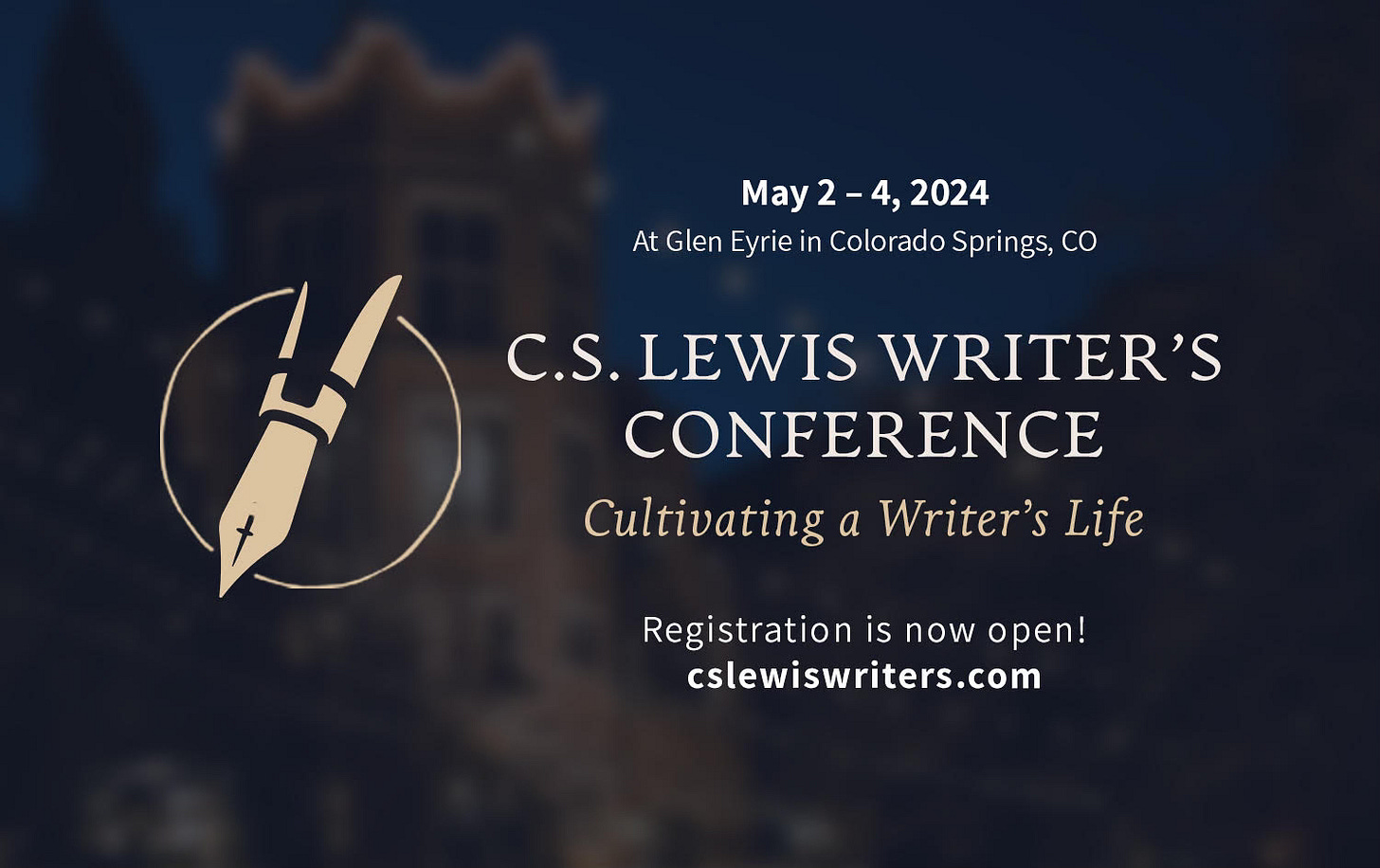The Classical Mind Newsletter for February 2, 2024
Reflecting on Old Texts, Reading Like a Human, Loss, Repairing Relationships, Philosopher as Therapist, Flannery O'Connor, Cleopatra's Snake, Substack
Housekeeping
Junius will be speaking at the C.S. Lewis Writer’s Conference May 2-4 in Colorado Springs, CO.
Sorry for our delay in getting the Julius Caesar episode out. As I mentioned in the Classical Mind chat, I have been dealing with a family issue and our guest for the episode came down with the flu. We are planning on recording this week to make it up!
If you’ve finished Julius Caesasr, remember our next episode will be about Doctor Faustus by Christopher Marlowe.
Reflecting on Old Texts
Classical Mind listener and regular contributor to our community Monique Einwechter has a new Substack called An Average Five. In her inaugural post, she uses the Oedipus cycle to reflect on her life experiences. It is a heavy, but honest meditation on the power of story:
Story, spun from the imagination or from the lives of others, holds an incredible potential to reconnect us to the broader experience of being human, allowing us to psychologically put ourselves back in the context of community - paving the way for physical reconnection with others.
Reading Like a Human
Yonah Lavery-Yisraeli teaches us “How to Read Like a Human” at the Marginalia Review of Books. The Talmud, a compilation of Rabbinic teaching and commentary on the Scriptures, often contains different perspectives from different rabbis that are at odds with each other. Rather than categorizing the different positions, Yonah Lavery-Yisraeli wants to make a more authentic connection with these long-dead teachers. This invites us to consider “a human being and not only an idea.” If authors are human, we should love them which means being able to glean their insights “without demanding our own idea of perfection.” When we can actually engage in these relational conversations, we learn to be better readers. “To raise an individual from a new reader to thinker and contributor requires other humans, not a unit of clones pre-screened for whatever we have decided constitute our standards. We need variety and challenge to mirror the variety and challenge of life and help us shoulder its burden; otherwise we have only learned to play with intellectual toys, rather than to communicate something real” (emphasis added). I add the emphasis because that point hits home for me. I love reading. I spend my life doing it in the context of teaching, preaching and pastoring, and podcasting. Yet, it hit me last month when I went on a day-long retreat that I often fall into a mode of reading that is dehumanizing not only to other authors, but for myself. I am not a “content machine” that receives inputs so that I can make outputs. Rather, I’m a human being and books are a way to move forward on our human journey towards the Good.
“Loss” by Ko Un
There’s a trail uphill that leads somewhere. After reading just a few lines written in an old dead tongue I have to head for that hill wearing canvas shoes made from a gray satchel. Somewhere a lost object is in a hurry to be found. There’s a trail uphill that leads somewhere. The text on the next page of a book is waiting and someone is listening there, having brought a dead tongue to life. With the crunch of dead leaves underfoot the sunlight lingering on my worn clothes, I sense that my heart is growing several times wider. That object must be somewhere inside. An unfamiliar grasshopper jumps, startled by a sneeze provoked by the spicy odor of dry grass or fodder. The first day is colder than the thirty-first, yet the lost object is still nowhere around. There’s a trail uphill that leads somewhere. At home, some elder's first death anniversary awaits. Behind me someone is pestering my heart, saying: there, there, or there, but to me it's full of reconciliation; there’s nothing there. Ultimately, I suppose, that lost object will likewise be named in a dead tongue.




